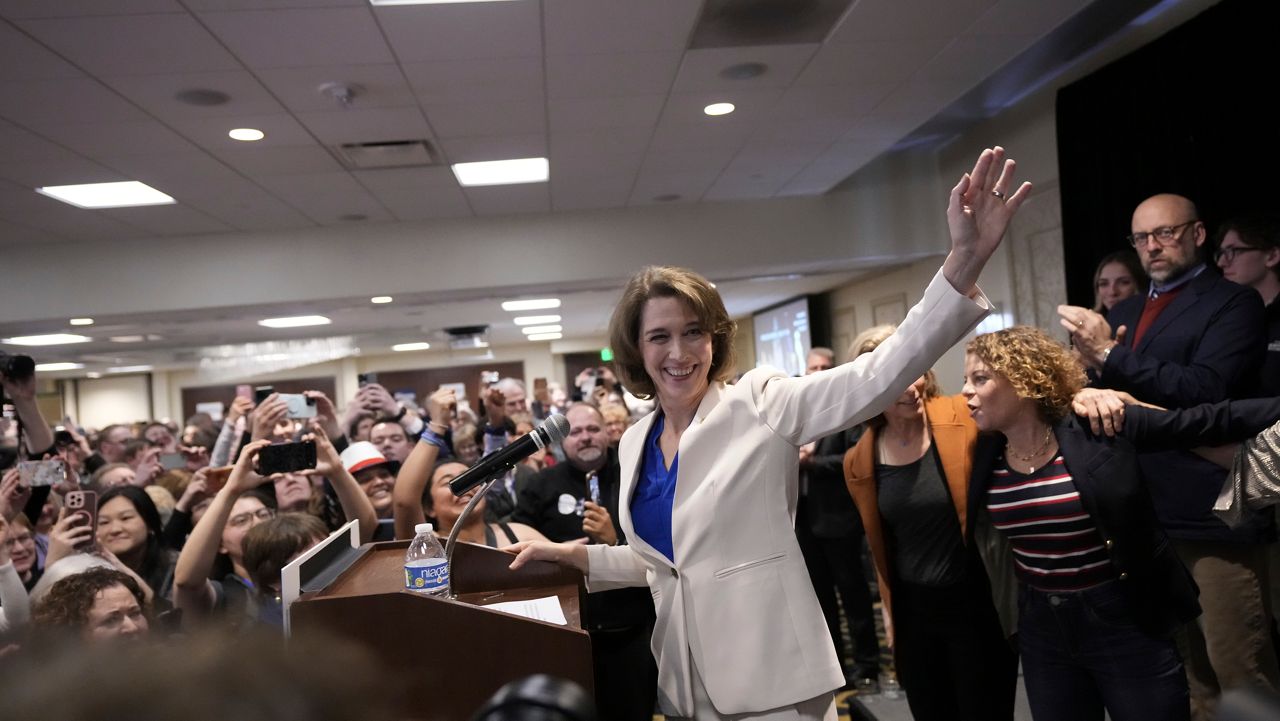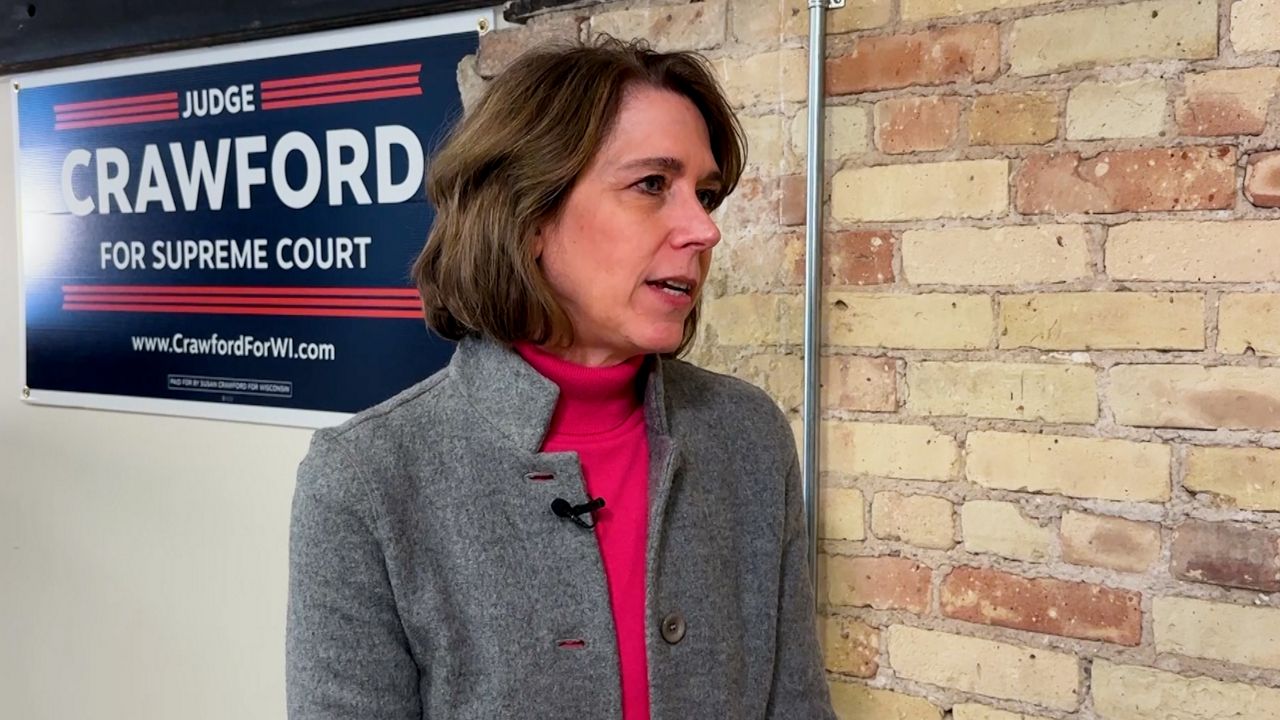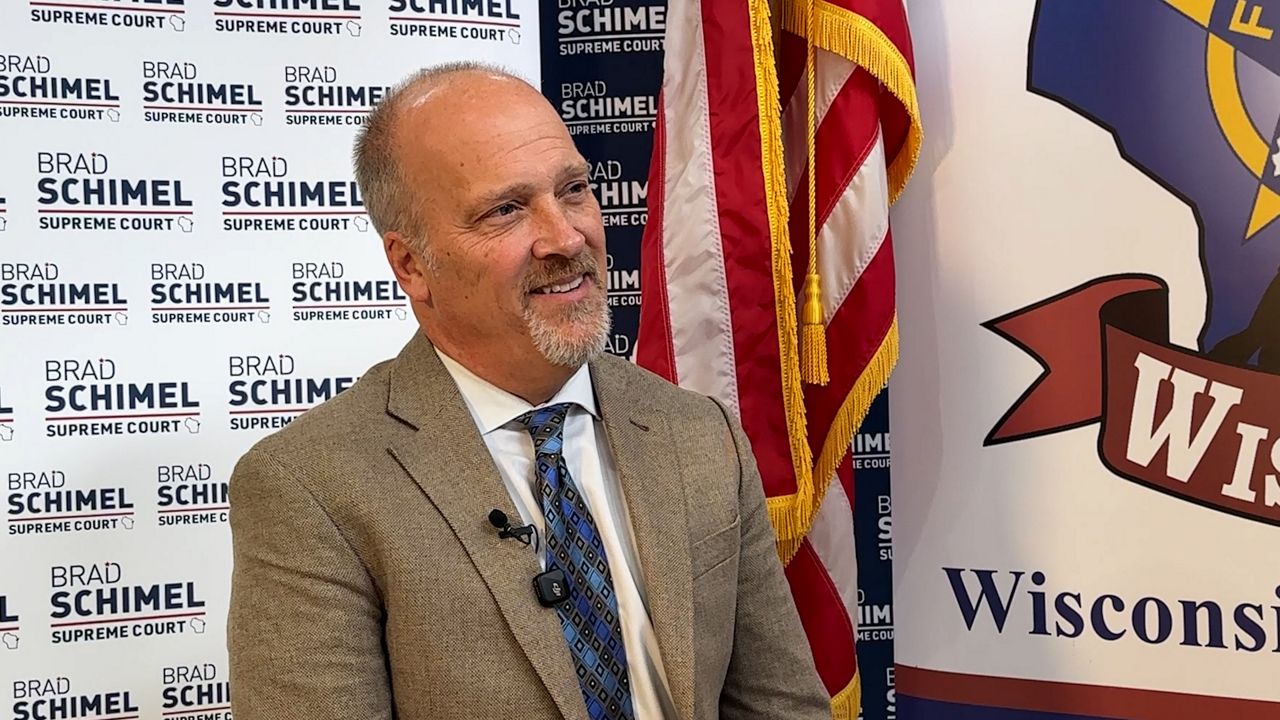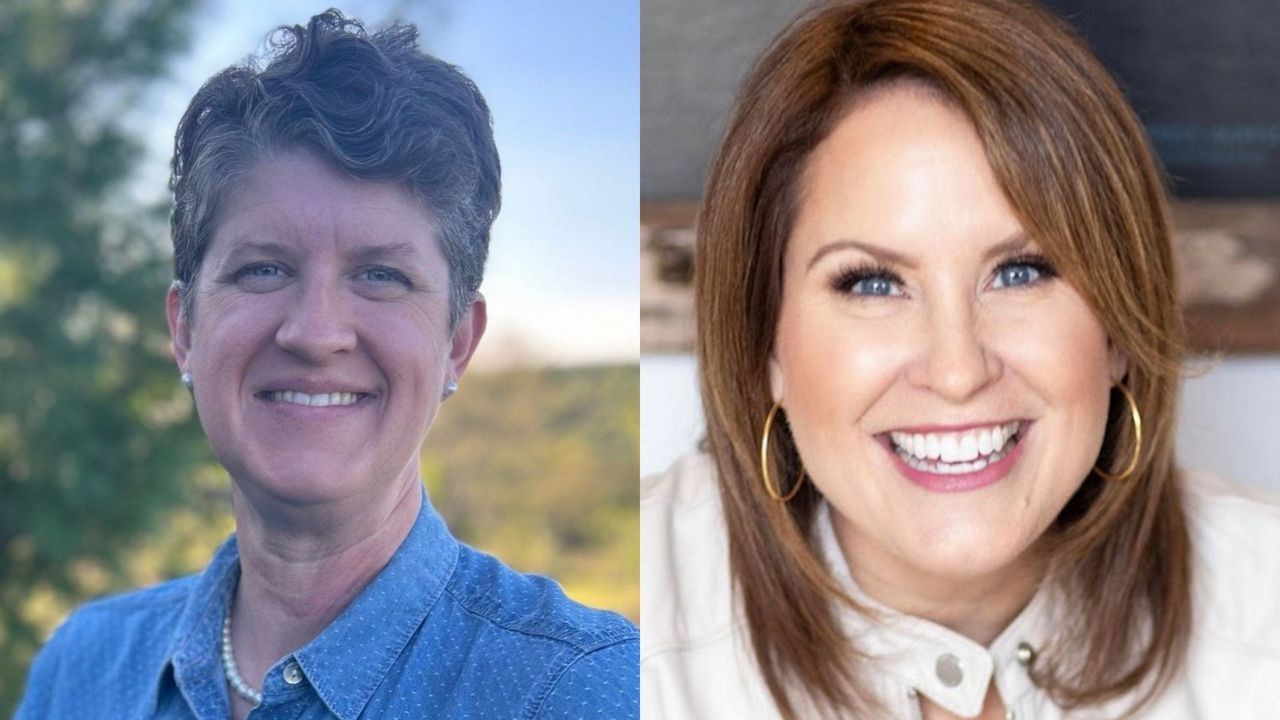MADISON, Wis. — Much of the talk nationally has been about the November election. However, Wisconsin is about two weeks away from primary contests and two questions will ask voters to determine the future over who gets to decide how federal money is spent in the state.
Since 1931, Wisconsin governors have been able to accept and spend federal funds without getting the Legislature’s approval, but that could change when voters head to the polls next month.
Voters will see the following two questions on the ballot during the Aug. 13 primary:
Question 1: “Delegation of appropriation power. Shall section 35 (1) of article IV of the constitution be created to provide that the legislature may not delegate its sole power to determine how moneys shall be appropriated?”
Question 2: “Allocation of federal moneys. Shall section 35 (2) of article IV of the constitution be created to prohibit the governor from allocating any federal moneys the governor accepts on behalf of the state without the approval of the legislature by joint resolution or as provided by legislative rule?”
Basically, the first asks whether the Legislature should be banned from delegating its power to approve how money is spent. The second asks whether the governor should be prohibited from accepting and spending federal money without approval from lawmakers first.
During press conferences held across the state Monday, Gov. Tony Evers and fellow Democrats said the measures go against the separation of powers.
“The consequences of this power grab are even worse than that,” Gov. Evers said. “If these amendments pass, me and any other future governor will be left without the tools they need, especially during times of crisis.”
The governor and party leaders hope voters will turn out for a primary election that doesn’t typically bring a lot of excitement.
Among the biggest concerns of groups who want Wisconsinites to vote “no” on both constitutional amendments is gridlock. They believe the changes, if approved, would slow the political process down even more amid a divided government.
“Leaders like Robin Vos and Devin LeMahieu can no longer hide behind gerrymandered lines, but they are trying a desperate move, a power grab, to avoid the regular law-making process to cling to power,” Democratic Party of Wisconsin Chair Ben Wikler added.
Meanwhile, those who support the amendments aren’t worried about a political catastrophe if the Badger State is faced with a crisis.
“At some point, you have to trust your elected leaders to do the right thing, and if something truly is an emergency the Legislature will convene and they will do something about it,” Rick Esenberg, who serves as president of the conservative Wisconsin Institute for Law & Liberty (WILL) said.
Esenberg, who wants voters to say “yes” to both questions said there needs to be more oversight and transparency in the wake of the COVID-19 pandemic.
“This concentrates too much power in the hands of the governor,” Esenberg added. “In the case of the COVID relief funds, basically the governor was able to appropriate $5 billion of spending. That’s not the way our constitutional system works.”
Supporters of the amendments also said “yes” votes would restore checks and balances and end unilateral decision-making.
“This isn’t a Republican thing or a Democratic thing. It isn’t about Tony Evers; it isn’t about Scott Walker,” Esenberg explained. “It’s about what the rules should be, because even if you love what Gov. Evers did with the COVID relief money, I guarantee you some time in the future there will be a governor who you do not like, and you don’t want that governor to have this type of unilateral power.”
Before the questions made it to the ballot, under state law, they had to be approved by the Republican-controlled Legislature during two consecutive sessions. Additionally, unlike a regular bill, constitutional amendments cannot be vetoed by the governor, which Evers lamented on Monday.
“The constitutional amendment being changed, without the governor weighing in on it, I think that’s bad policy,” Gov. Evers told reporters. “But it is what it is, we’re not going to be changing that. What we have to make sure is that people understand the ramifications of question one and number two that are worded very obliquely so that, frankly, people are going to have trouble understanding what it is to begin with.”
Wisconsin’s constitution has been amended nearly 150 times, and as recently as April of this year.










